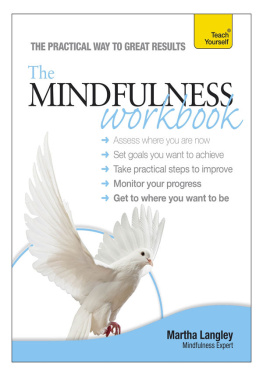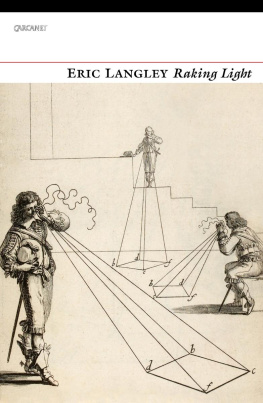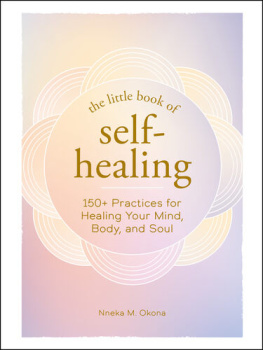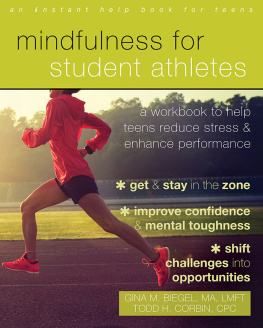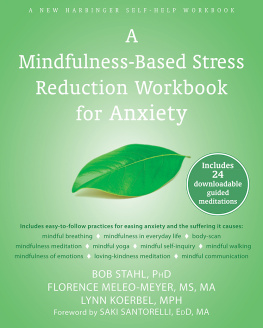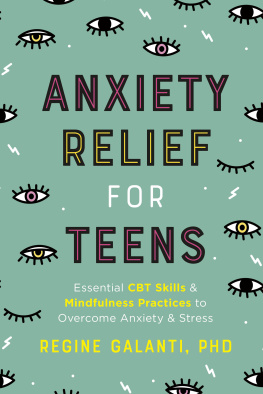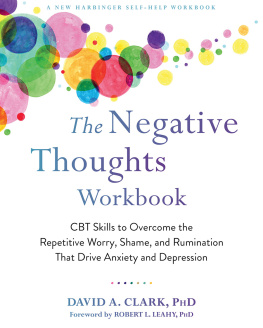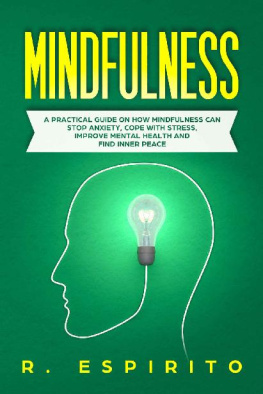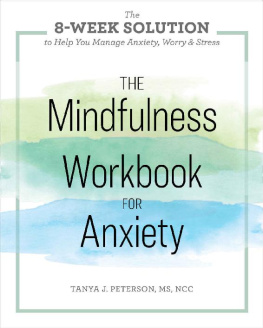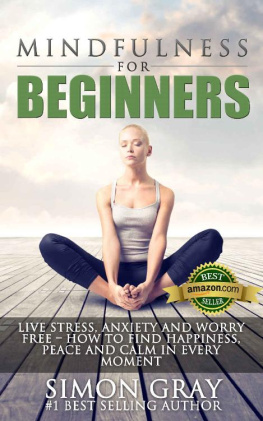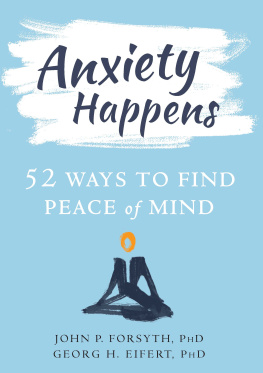The MINDFULNESS Workbook
Martha Langley
For Jean and Marion.
Contents
How to use this book
This workbook from Teach Yourself includes a number of special features, which have been developed to help you understand the subject more quickly and reach your goal successfully. Throughout the book, you will find these indicated by the following icons.
Key Ideas: to make sure you grasp the most important points.
Exercise: designed to help you to work out where you are, where you want to be and how to achieve your goals. Exercises include:
Writing exercises - fill in your answers in the space provided.
Quotes: Inspiring and motivating you
At the end of each chapter you will find:
What have I learned?: helping you summarize for yourself what you can take away from each chapter.
Where to next?: introducing you to the next step.
At the end of the book you will find:
Task sheet: helps you highlight what you hope to achieve and ways you can go about achieving them.
Quick help: provides you with quick solutions and useful advice that you can use in an emergency.
Introduction

Background
Mindfulness is a very old concept. It is a key part of Buddhism, but also appears in Hindu writings. Perhaps that sounds exotic, and even a little alien, but dont let that put you off. The concepts underlying mindfulness have been moving into Western culture for a long time. In the 1960s, The Beatles travelled to India to learn about meditation from the Maharishi, and while they were the most high profile, they were by no means the first to take an interest in Mindfulness. In the 1970s, Jon Kabat-Zinn established the Mindfulness Based Stress Reduction programme and since then other programmes, such as Mindfulness Based Cognitive Therapy, have been developed.
Its become apparent that the mindful approach to stress, anxiety and mental health problems is effective for many people. In fact in the UK, NICE (the National Institute for Health and Clinical Excellence) recommends mindfulness-based cognitive therapy for people who are currently well but have experienced three or more previous episodes of depression. Mindfulness is well established in the clinical setting, where it is usually taught in groups.
Now it is gradually moving out of the clinical setting and away from its Buddhist roots into the wider community. Many people find mindful attitudes coupled with meditation help them to improve their quality of life. However, it can be easy to feel daunted, as if there is a barrier making mindfulness inaccessible. It manages to be both strange and exotic, because of its Eastern roots, and also too medical, because of the clinical approach in the West.

The Workbook
This Workbook aims to demystify mindfulness, to take out all the jargon and make the concepts and practices accessible and easy to understand. Youll find that much of what you need to know is already part of your mindset, just under a different name. For instance, most of us understand the concept of doing something on autopilot. Mindfulness suggests that you do the opposite, and calls this living in the moment. Or consider these commonly used phrases:
Wake up and smell the roses.
Quality time.
Count to ten.
Carpe diem seize the day!
Dont cross your bridges till you come to them.
Or even the first lines of this well-known prayer:
God, give me grace to accept with serenity
the things that cannot be changed,
Courage to change the things
which should be changed,
and the Wisdom to distinguish
the one from the other.
All of these concepts are found in mindfulness, with different names but the same underlying ideas. However, mindfulness brings them together in ways that may be new to you, and it is the combinations that create the unique mindful take on life.
So if you approach the Workbook with an open mind, expecting to find simple concepts that are easy to understand, then youll find it relatively easy to make the transition into understanding how the ideas combine to create a mindful attitude.

Living mindfully
While it turns out that the underlying concepts of mindfulness are familiar, and the way they are combined is accessible, there is one aspect of mindful living that can take some getting used to. There are no goals. Thats right, no goals. No exams, no tick boxes, no grades or levels or stars. No winning and no losing. Almost everything we do has one or more of those aspects. If you decide to learn a musical instrument there are exams and grades. If you take up a sport there are matches or races. Even the Womens Institute will have a small competition among the members at each meeting.
Of course you can choose to play the guitar just for pleasure, or stay in the bottom team of your football club where theres little pressure to win, but the activity still brings with it the implication of your achievement being measured. With mindfulness there is none of this, there is only practice. If you meditate daily, you will find that some days you come out of the session exhilarated and walking on air, while on other days not much happens, or you even feel dissatisfied. And yet all sessions are equally valuable, and there is no comparing one with another, or monitoring your progress.
So as well as keeping an open mind, its a good idea to let go of all striving and measuring of yourself. There are no right and wrong answers to the exercises in the Workbook, no measuring your achievement, no feeling badly if you find a chapter difficult or boring. There is just you, quietly moving towards an understanding of mindfulness, and a greater insight into yourself.













 Background
Background The Workbook
The Workbook

 Living mindfully
Living mindfully
